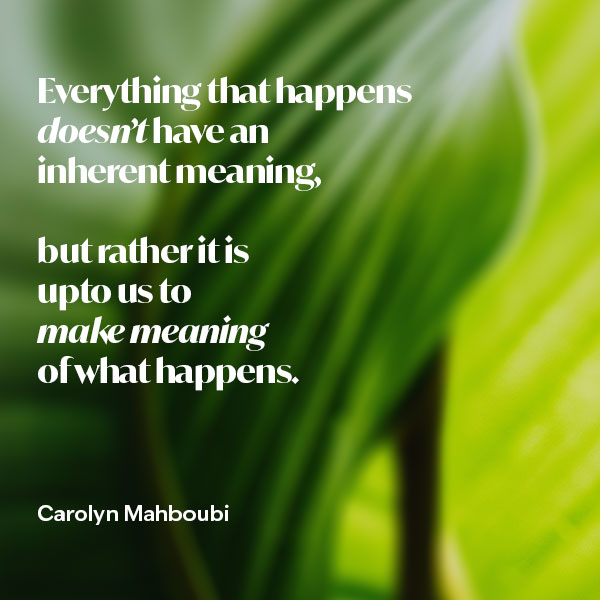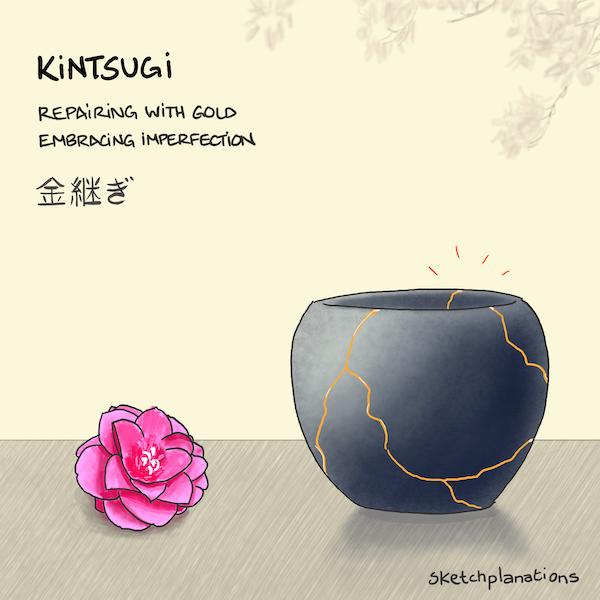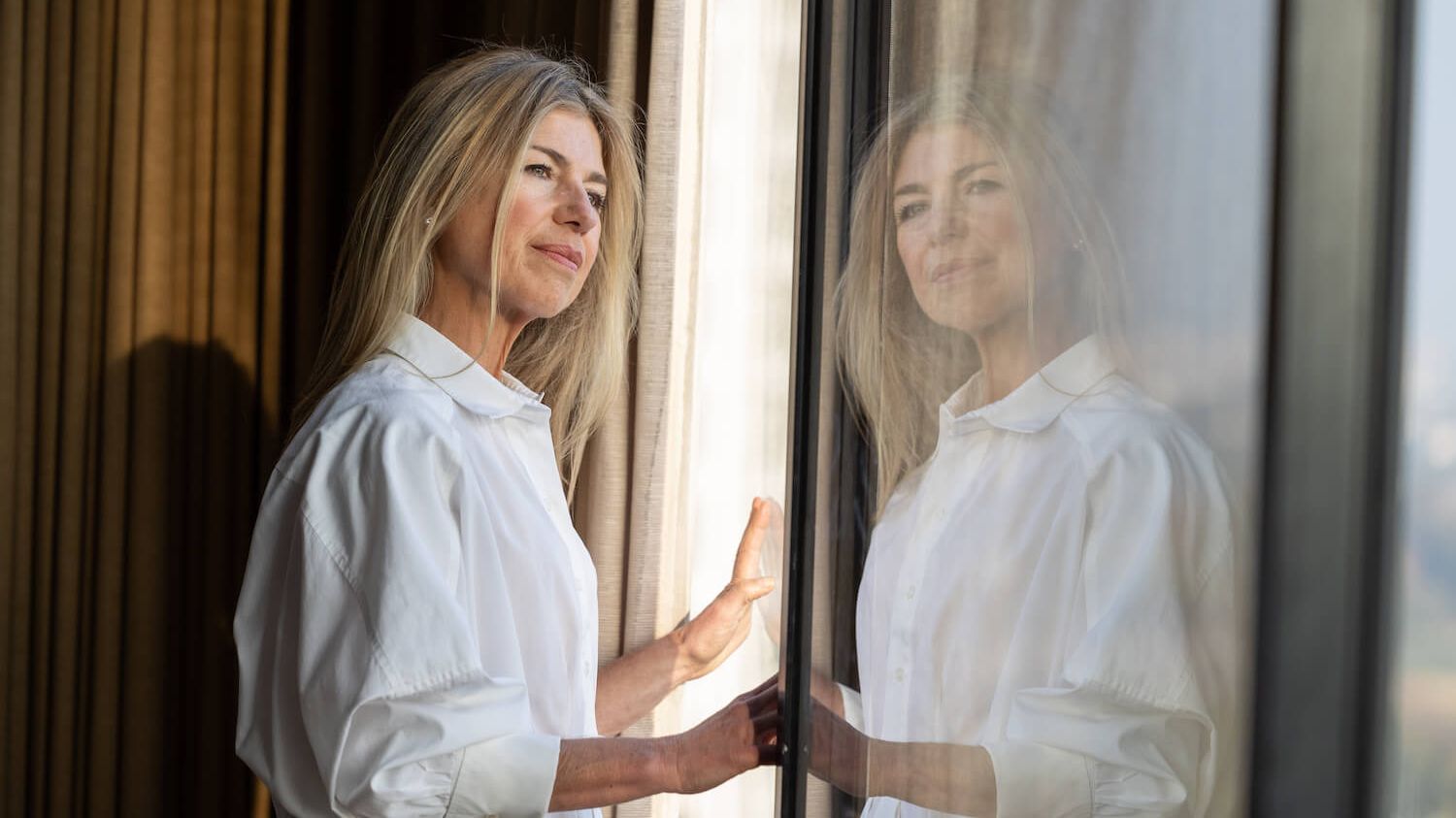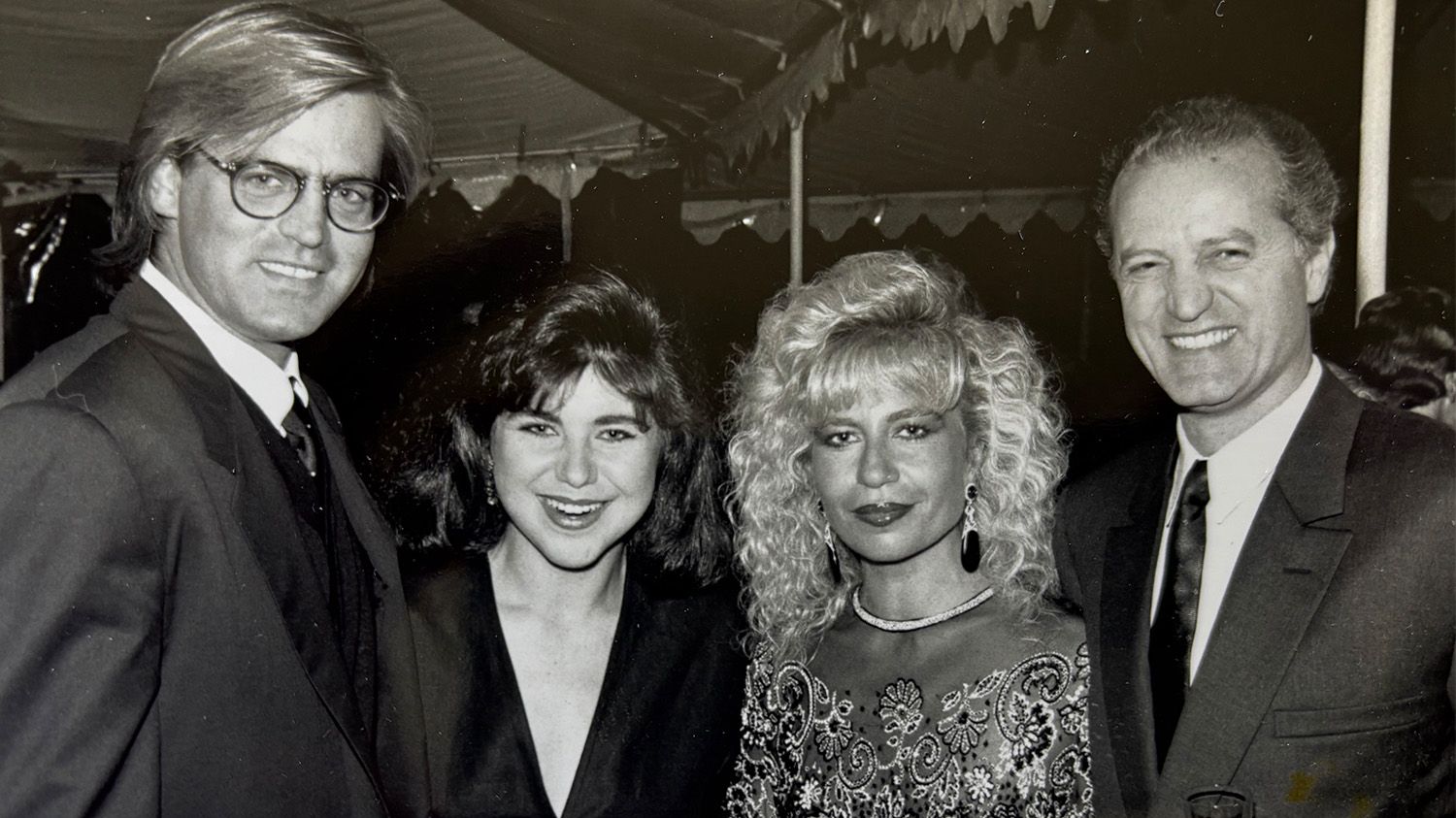Kintsugi and The Art of “Creating” Meaning from Life’s Challenges

Last night, my daughter was having a tough time.
She was angry at herself and stuck in a cycle of rumination over a totally innocent mistake she had made.
In last week’s blog I wrote about the value of reflection and how experience without reflection does not lead to the kind of learning that sticks — that thing we call wisdom.
But rumination is totally different from reflection.
We know we are ruminating when we focus on the problem for more than a few minutes and feel worse than when we started…
… When we realize that no matter how many times we turn the problem around in our minds, we are not moving towards acceptance and moving on.
And we are no closer to a viable solution than when we started.
That’s rumination. And anyone who is prone to it will tell you that it’s its own kind of fresh hell!
I’m very effective at helping my clients remove this habit from their lives, but my daughter is not my client so when she wanted someone who could really be helpful, she called her brother.
I happened to be in the car and although my presence was announced, it was soon forgotten and I had the rare opportunity to hear my children interact as deep, loving and vulnerable young adults.
At some point in the conversation, my son tried to cut through his sister’s repeated telling of the story and relentless beating up of herself, by telling her that he believes everything in life happens for a reason.
Where that conversation led to is not what I’d like to address today. But his belief that everything in life happens for a reason is one many of us share and it’s worth exploring.
As a person of great faith, I am prone to this particular belief. For decades this default to fate was how I would soothe myself when I made mistakes or “bad” things happened.
Every unwanted circumstance was an opportunity to come up with some extraordinary and often metaphysical reason for its occurrence.
But over the years, and primarily due to coaching so many people, I’ve come to believe differently.
I now believe that everything that happens doesn’t have an inherent meaning, but rather it is up to us to make meaning of what happens.

My daughters’ predicament, my client’s tragic loss, my friend’s recently discovered genetic mutation, and my own simple foot surgery gone awry, don’t have some kind of holy or spiritual meaning.
Unwanted things don’t happen because we “deserve” them, nor is the universe a cold-hearted, ruthless force trying to teach us a lesson!
This is what we call life, and if we poke our heads out of our own all consuming ones, we will know beyond a shadow of a doubt that everyone is dealing with something.
So if it’s true that we are all eating some flavor of shit sandwich, why are some people more at ease and at peace than others?
Those are the people who have made the decision that no matter what life serves up, they will make meaning from it. This is not the same as turning lemons into lemonade or signing up for the Toxic Positivity newsletter.
Making meaning is an art and a beautiful analogy for it is the Japanese art of Kintsugi.

Kintsugi is the repair of a ceramic item, perhaps a bowl or vase, with a bright gold seam. Kintsugi reflects a view that wear and use of an object adds value rather than detracts. Rather than try to hide the past damage and the repair, it is celebrated and enhanced. A bowl repaired with Kintsugi might be seen as more valuable than one that had never been broken.
The next steps we choose afterdifficult life occurrence are entirely in our control and they are the gold threads with which we repair our broken bowl.
Believing in fate passively does not mean we don’t have faith. I believe that whatever higher power each of us believes in wants to see our growth, not our blind servitude.
To show up for ourselves and to make meaning of our difficult life circumstances is to do our part for being given the gift of life.







